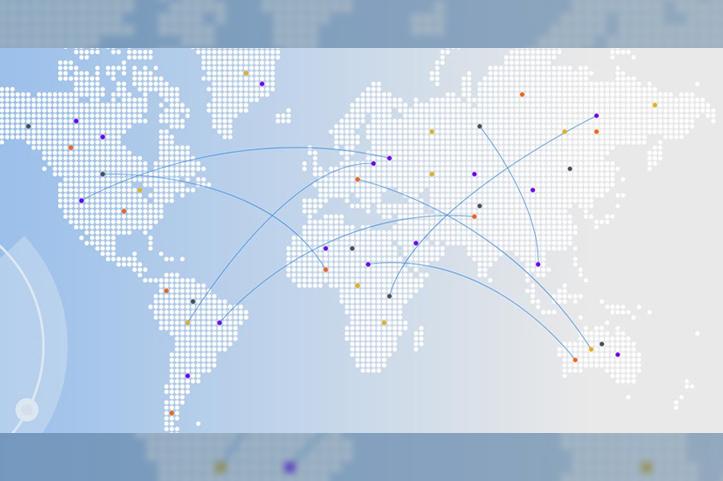Export control regulations are a complex set of federal laws designed to control the transfer of information, technology, software, other items, and services considered to be important to the U.S. due to concerns regarding national security, economic competitiveness, or support of international treaties and foreign policy.
Georgia Tech is committed to fostering an open academic environment that encourages the dissemination of information resulting from research and teaching. At the same time, international activities are subject to federal regulations and policies that govern the export of items and information.
These resources may be helpful to researchers who engage in international activities.
- 2024 Management Export Memorandum
- International Shipments — Exports and Imports
- International Travel and Collaborations
- Hosting Foreign Visitors and Guests
- Foreign Corrupt Practices Act
Georgia Tech’s international research and global engagement activities support the Institute’s Equal Opportunity, Nondiscrimination, and Anti-Harassment Policy, which notes:
Georgia Tech prohibits discrimination, including discriminatory harassment, on the basis of race, ethnicity, ancestry, color, religion, sex (including pregnancy), sexual orientation, gender identity, national origin, age, disability, genetics, or veteran status in its programs, activities, employment, and admissions.
As a federal contractor, it is also Georgia Tech’s policy to take affirmative actions to employ and to advance in employment all persons regardless of race, ethnicity, ancestry, color, religion, sex, sexual orientation, gender identity, national origin, age, marital status, disability, genetics, or veteran status, and to base all employment decisions only on valid job requirements.
All Georgia Tech activities, whether conducted on campus or overseas, must comply with applicable regulatory requirements. These regulatory requirements include the U.S. export control laws, promulgated by the U.S. Department of State, the U.S. Department of Commerce, and the U.S. Treasury Department. The U.S. export control laws restrict or require licensing for the export, even temporarily, of many items and technology to countries around the world. Georgia Tech employees working abroad, particularly in sensitive countries, should familiarize themselves with these export control laws.
Moreover, the laws restrict exports to certain entities and individuals including some academic institutions within a particular country, as well as the sharing of technologies with individuals affiliated with those entities while in the United States. The Georgia Tech Export Office can provide country-specific briefings to explain export control requirements in a particular country and assist with any questions regarding licensing requirements for specific activities.
Georgia Tech’s Export Control team is in place to help you recognize and navigate these complex situations and can be reached at export@gatech.edu.
Resources:
